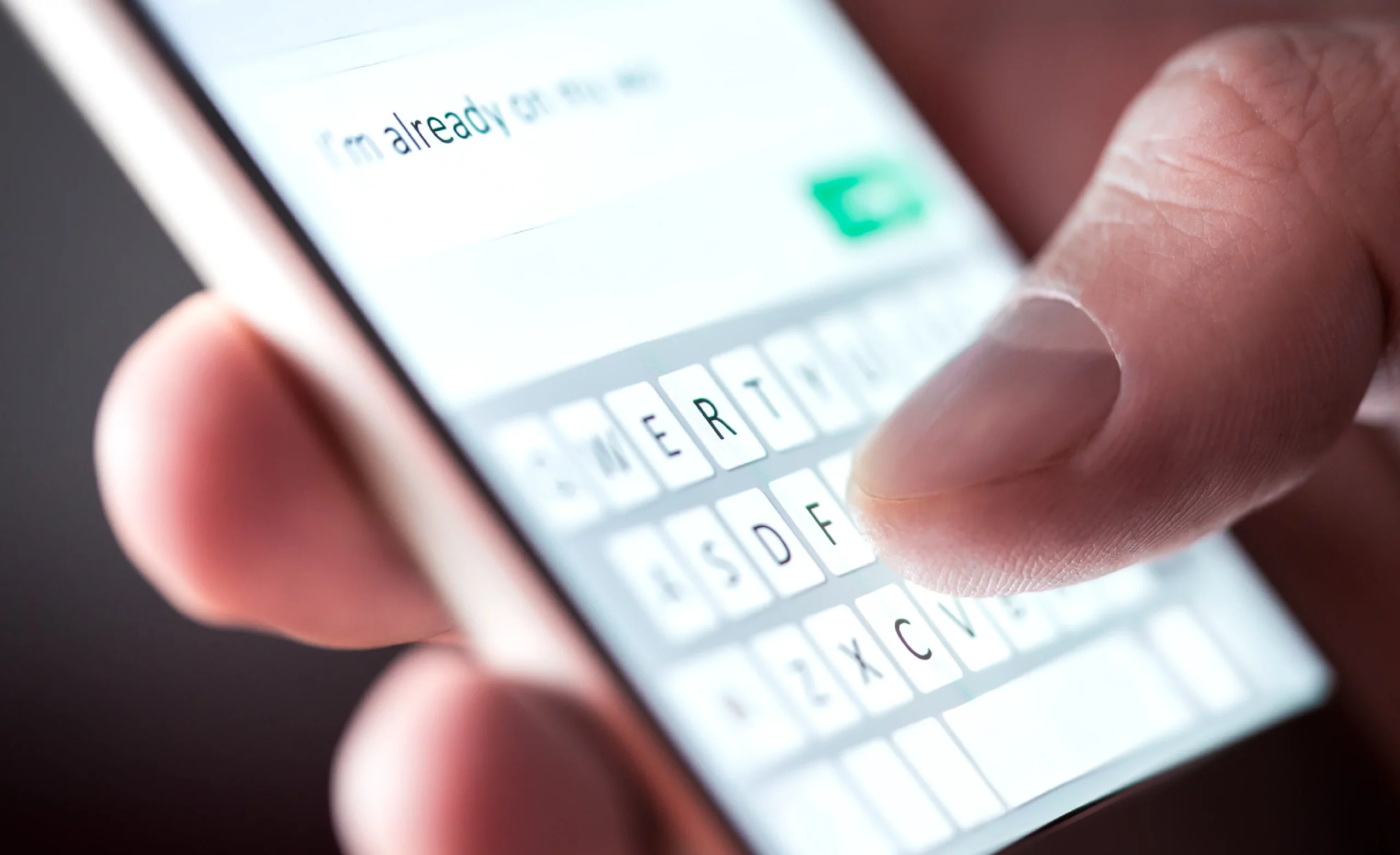Bitcoin has been gaining popularity in the Philippines as a digital currency that tech-savvy individuals can use for online transactions. But what is it like to use Bitcoin in everyday life, and how widely accepted is it in the Philippines? This article will explore my experience of using Bitcoin for day-to-day transactions and the current acceptance in the Philippines. In this article, I’ll share my experience with Bitcoin acceptance in the Philippines.
My experience with Bitcoin has been positive. I found it a convenient and secure way to make online payments. I have used it to pay for online shopping, book flights, and donate to charitable causes. The process is straightforward: I transfer the required amount of Bitcoin from my digital wallet to the recipient’s address. The transaction speed allows it to reflect within minutes, and I don’t have to worry about the fees associated with traditional payment methods. However, the acceptance of Bitcoin is still something that is to be desired in the Philippines since most vendors and suppliers are unaware of the price of bitcoin in the traditional fiat system.
Bitcoin acceptance in the Philippines
The acceptance of Bitcoin in the Philippines is still relatively limited, but its slowly growing. While it’s not yet possible to use Bitcoin for everyday purchases like groceries or gas, many merchants and service providers accept it. For example, some online stores, like Lazada and Zalora, have started accepting Bitcoin as payment. Additionally, there are a growing number of Bitcoin ATMs in the Philippines, especially in tourist spots like Boracay, making it easier for people to exchange Bitcoin for traditional fiat currency.
One of the main reasons for the limited acceptance of Bitcoin in the Philippines is the need for precise regulation. The country’s central bank, the Bangko Sentral ng Pilipinas (BSP), has issued guidelines for virtual currency exchanges but has yet to issue formal regulations for using Bitcoin in everyday transactions. This unknown directive from the central bank has caused uncertainty among merchants and businesses. As a result, many are hesitant to accept Bitcoin until there is more clarity on the legal and regulatory environment.
However, the government has started to take notice of the potential benefits of Bitcoin and other digital currencies. The Philippines is one of the countries in Southeast Asia that has been actively working on regulation for digital assets. The Cagayan Economic Zone Authority (CEZA) has announced plans to issue 25 licenses for companies to operate cryptocurrency exchanges, and the Philippine Securities and Exchange Commission (SEC) has proposed rules for Initial Coin Offerings (ICOs).
Everyday Bitcoin Transactions in the Philippines
Despite the lack of clear regulations, there is still a growing interest in Bitcoin among Filipinos. A survey by the University of the Philippines found that around 10% of Filipinos have invested in digital currencies like Bitcoin. Additionally, remittance, a significant contributor to the Philippines economy, is one of the primary use cases for Bitcoin. There is clear growth in Bitcoin acceptance in the Philippines. However, most of the public seems hesitant to try out virtual currency. With the rise of one of the most innovative Fin-tech apps of 2022, Gcash is a digital currency that has taken over the nation since it can be used in convenience stores and to buy concert tickets.
One of the main challenges for using Bitcoin for everyday transactions in the Philippines is the need for widespread acceptance among merchants and service providers. While a growing number of merchants with Bitcoin acceptance, most businesses still need to take it as a formal payment method. This hesitation makes it difficult to use Bitcoin for everyday purchases, and many people still rely on traditional payment methods such as cash or credit cards.
Despite this, many Filipinos are using Bitcoin for everyday transactions. A survey by the University of the Philippines found that around 10% of Filipinos have invested in digital currencies like Bitcoin. Additionally, remittance, a significant contributor to the Philippines economy, is one of the primary use cases for Bitcoin.
Another use case of bitcoin in the Philippines is the use of bitcoin in peer-to-peer transactions. With the increasing popularity of platforms like Paxful and Localbitcoins, where users can buy and sell bitcoin directly with other users without the need for a central intermediary. These platforms have allowed Filipinos to use Bitcoin for remittances and other transactions like buying goods and services online.
Local Bitcoin adoption and implementation?
While the acceptance of Bitcoin in the Philippines is still limited, it is growing. The lack of precise regulation has caused uncertainty, but the government is actively working on creating a conducive environment for digital assets. As a result, there is a growing interest in Bitcoin among Filipinos. Therefore, with the government’s support, the acceptance of Bitcoin will continue to grow.








